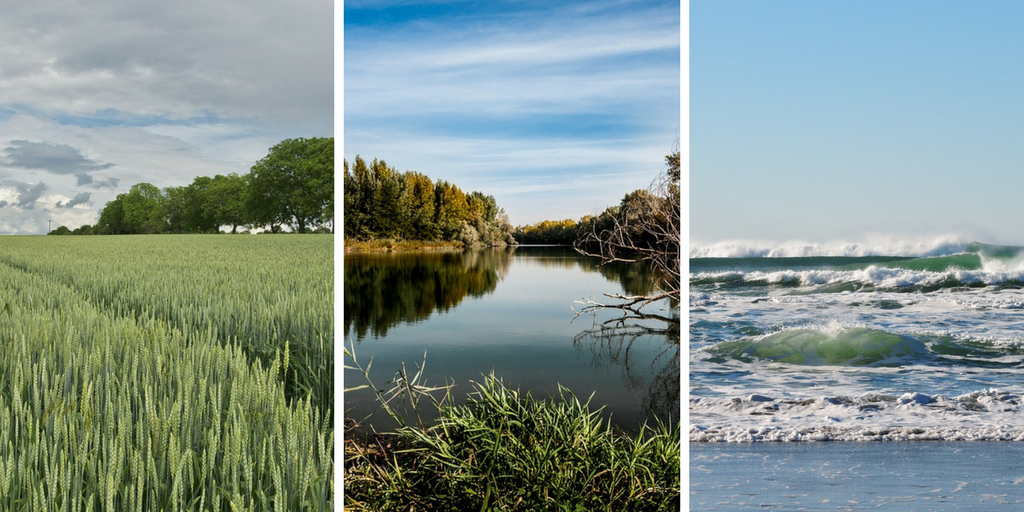New session at EGU 2018: “Integrative studies of the River-Sea-Continuum”
We are happy to announce that there is going to be a new session entitled “Integrative studies of the River-Sea-Continuum” at the General Assembly 2018 of the European Geosciences Union’s (EGU), taking place from April 8-13 in Vienna. Several scientists associated with DANUBIUS-RI contributed to the set-up of this session, which clearly embraces the DANUBIUS-RI vision.
This session provides a scientific platform for exchange of findings from research that addresses the entire continuum of river and sea. We invite studies across geographical borders, along the freshwater-marine water continuum, and interdisciplinary studies that integrate physical, chemical, biological, geological observations/experiments, and modelling, and those that span the traditional silos of natural and social sciences.
We need to fully understand how River-Sea-Systems function. How are River-Sea-Systems changing due to human pressures? What is the impact of processes in the catchment on marine systems function, and vice versa? How can we discern between human-induced changes or those driven by natural processes from climate-induced variability? What will the tipping points of socio-ecologic system states be and what will they look like? How can we better characterise river-sea systems from the latest generation Earth observation to citizen science based observatories? How can we predict short and long term changes in River-Sea-Systems to manage them sustainably? What is the limit to which it is possible to predict the natural and human-influenced evolution of River-Sea-Systems?
You can download the full session description here
Please submit your abstract until January 10, 2018:
http://meetingorganizer.copernicus.org/EGU2018/session/26659
We are looking forward to your abstracts and respective discussions in Vienna.
Your Session Conveners:
Jana Friedrich (HZG, Germany)
Debora Bellafiore (ISMAR-CNR, Italy)
Andrea D’Alpaos (University of Padova, Italy)
Panagiotis Michalopoulos (HCMR, Greece)
David Todd (HR Wallingford, UK)




